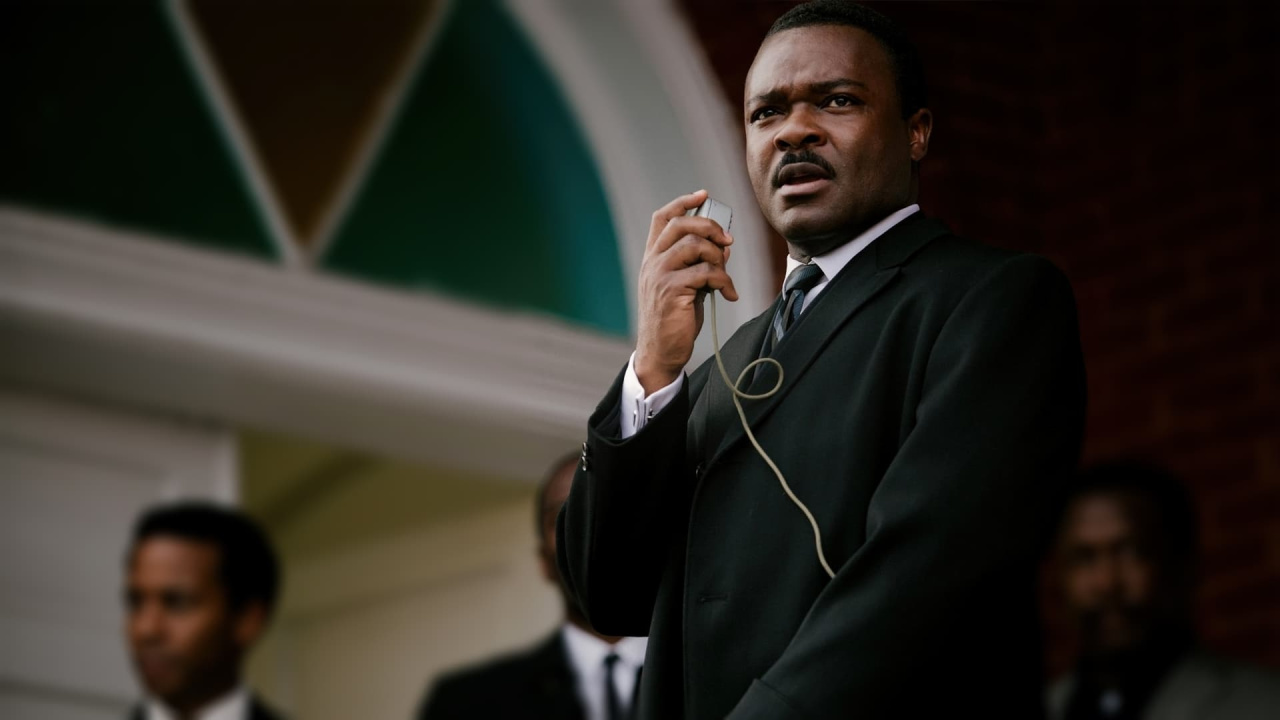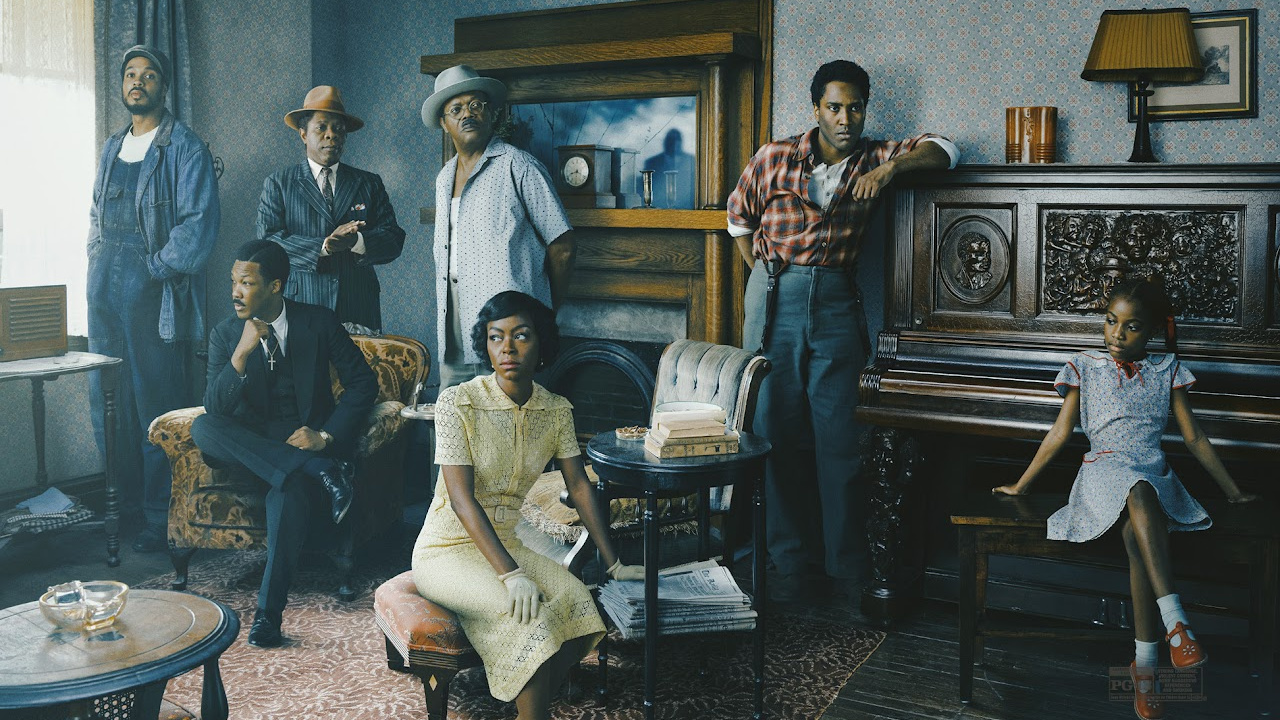Fantastic Four and Nip/Tuck Actor Julian McMahon Dies
Australian-born actor Julian McMahon – best known for his roles in Nip/Tuck and the 2000s Fantastic Four movies – died in Clearwater, Florida, on July 2nd at age 56 from cancer.


Australian-born actor Julian McMahon – best known for his roles in Nip/Tuck and the 2000s Fantastic Four movies – died in Clearwater, Florida, on July 2nd at age 56 from cancer.
“With an open heart, I wish to share with the world that my beloved husband, Julian McMahon, died peacefully this week after a valiant effort to overcome cancer,” McMahon’s wife, Kelly McMahon, informed Deadline.
“Julian loved life. He loved his family. He loved his friends. He loved his work, and he loved his fans. His deepest wish was to bring joy into as many lives as possible. We ask for support during this time to allow our family to grieve in privacy. And we wish for all of those to whom Julian brought joy, to continue to find joy in life. We are grateful for the memories.”
A Sydney native, McMahon was born on July 27, 1968 and was the son of former Australian Prime Minister Billy McMahon. (Ironically, McMahon’s final role was as the Australian Prime Minister on the Netflix series The Residence.)
Julian McMahon started his acting career in Aussie soap operas such as Home Away before moving to Hollywood where his early TV roles included Another World, Profiler, and a three-season stint on Charmed as the half-human/half-demon Cole Turner.
McMahon earned a Golden Globe nomination for Best Actor in a Television Drama Series for his role as Dr. Christian Troy on Ryan Murphy’s series Nip/Tuck, which ran for six seasons on FX. He later starred in the CBS procedural FBI: Most Wanted.
IGN readers will perhaps know Julian McMahon best for his role as Doctor Doom in director Tim Story’s Fantastic Four and Fantastic Four: Rise of the Silver Surfer. His other comic book projects include RED and Marvel’s Runaways.
Last year, McMahon starred opposite Nicolas Cage in the thriller The Surfer, which our reviewer Lex Briscuso praised for being “an exciting yet crushing look at how brutality, pride, and confidence can threaten to poison everything we work for.”




































